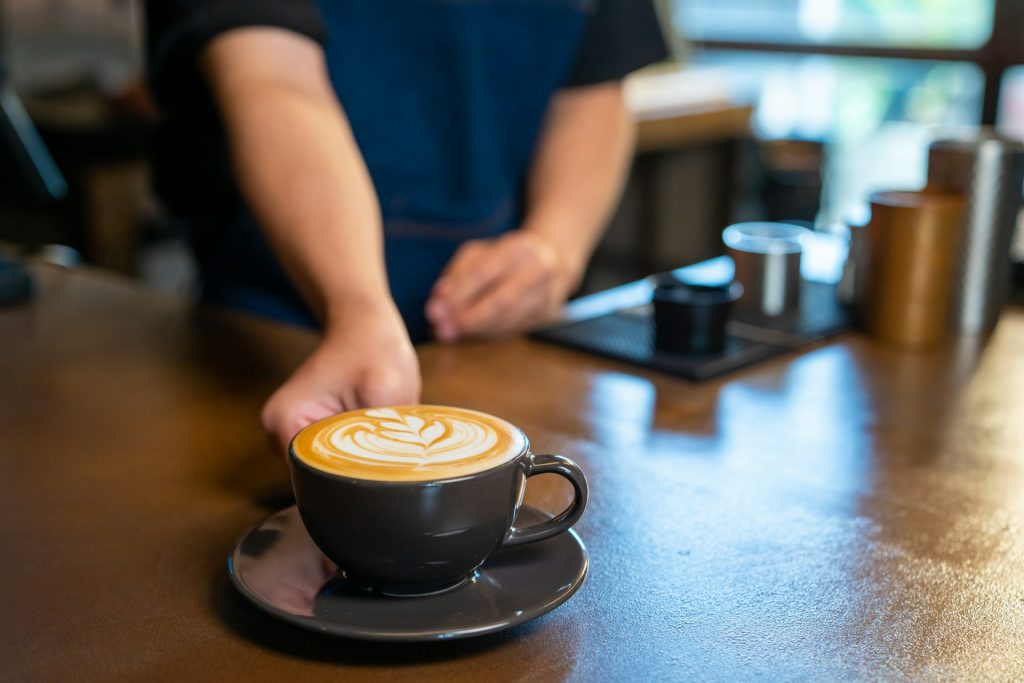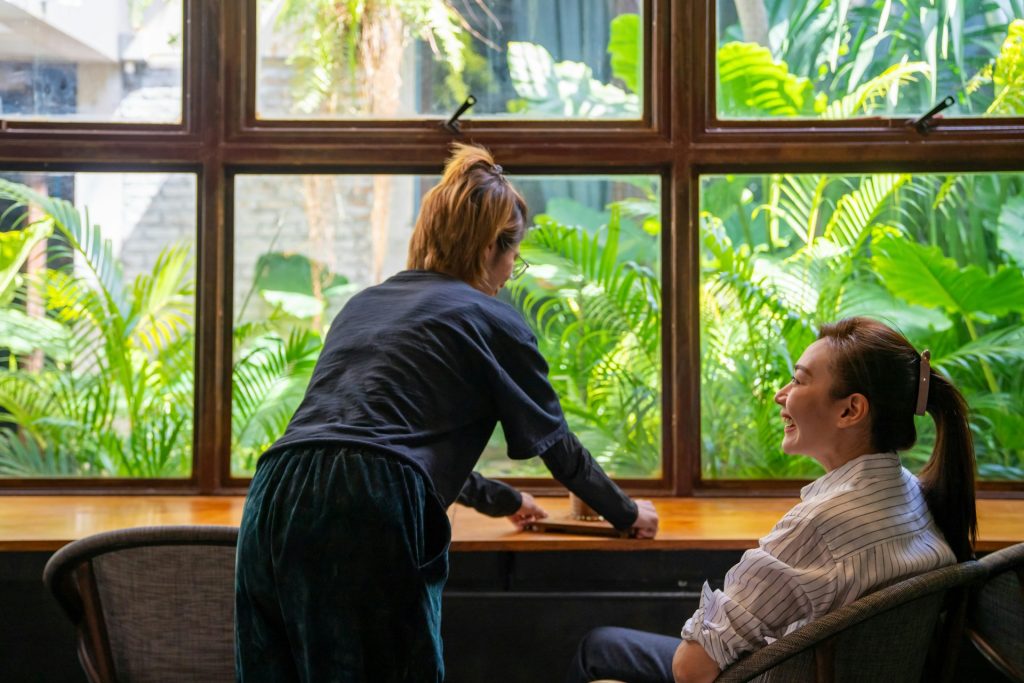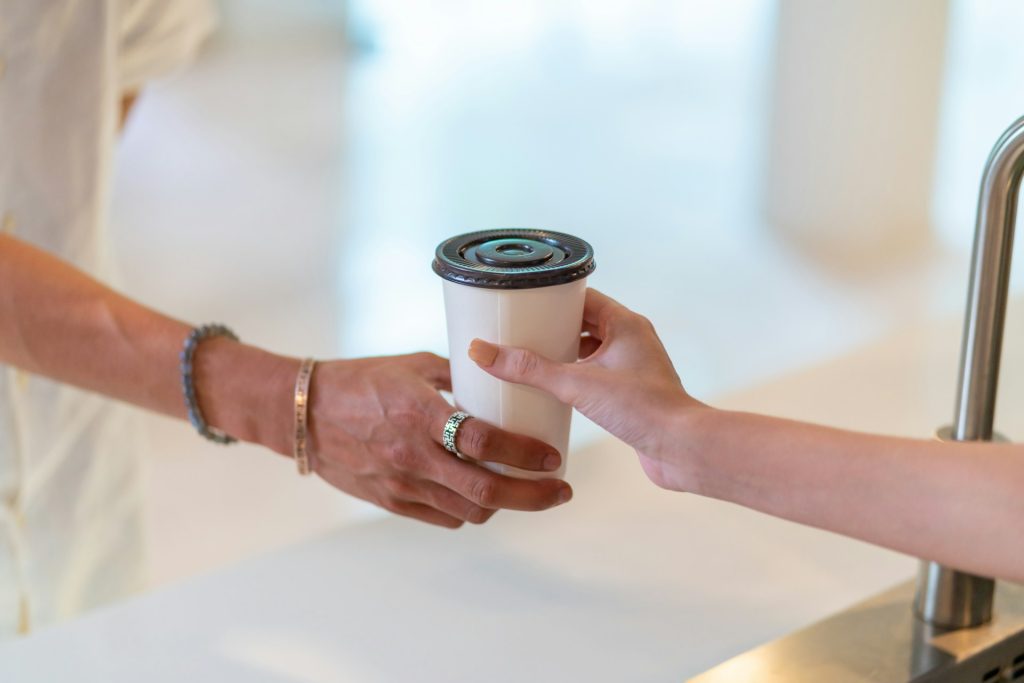Table of Contents
Coffee isn’t just a drink; it’s a way of life—and every culture has its own unique spin on it. From its humble beginnings in Ethiopia to its global status as a daily ritual, coffee has become a cultural icon. Around the world, it brings people together, tells stories, and provides a glimpse into a community’s traditions and values.
Let’s take a closer look at how coffee is celebrated in different cultures and why it’s so much more than just a morning pick-me-up.
1. Ethiopia
Ethiopia is where coffee’s story began. Legend has it that a goat herder named Kaldi discovered coffee after noticing his goats became unusually energetic after eating berries from a certain tree. But Ethiopia’s relationship with coffee goes far beyond folklore—it’s deeply rooted in tradition.
One of the most celebrated aspects of Ethiopian culture is the coffee ceremony, a ritual that symbolizes hospitality and connection. The ceremony involves roasting green coffee beans over an open flame, grinding them by hand, and brewing them in a traditional clay pot called a jebena. Served in three rounds, the coffee isn’t just a drink—it’s a communal experience. Guests and hosts come together to talk, reflect, and bond over every sip, making coffee a cornerstone of Ethiopian life.
2. Italy
In Italy, coffee isn’t just a beverage; it’s a lifestyle. Italians have perfected the art of espresso, and their approach to coffee is simple, elegant, and deeply embedded in their daily routines.
One of the most iconic Italian coffee traditions is drinking espresso standing at the bar. Italians don’t linger over their coffee—they savor it quickly, often in under a minute, and then get back to their day. This reflects the Italian philosophy of living in the moment and appreciating the small pleasures of life. Whether it’s a morning ritual or an afternoon pick-me-up, espresso in Italy is all about quality and precision, served in the perfect tiny cup.
3. Turkey
Turkish coffee is more than just a drink—it’s a cultural treasure. Recognized by UNESCO as an intangible cultural heritage, Turkish coffee is known for its rich flavor and unfiltered brewing process. Finely ground coffee is simmered in a special pot called a cezve, resulting in a thick, frothy cup that’s served unfiltered, often accompanied by a sweet treat like Turkish delight.
One of the most fascinating aspects of Turkish coffee culture is the tradition of fortune-telling. After drinking the coffee, the grounds left in the cup are swirled and turned upside down. A fortune teller interprets the patterns in the grounds, offering insights into the drinker’s future. This ritual, combined with the communal enjoyment of coffee, reflects Turkey’s deep appreciation for storytelling, connection, and shared experiences.
4. Sweden

In Sweden, coffee isn’t just a drink—it’s a reason to pause and connect. The Swedish tradition of fika is all about taking a break from the day to enjoy coffee and pastries with friends, family, or colleagues. It’s a cherished ritual that emphasizes slowing down, being present, and fostering relationships.
Fika is deeply ingrained in Swedish culture, often happening multiple times a day. Whether it’s accompanied by a cinnamon bun or a slice of cake, fika is a reminder that coffee can be more than just a caffeine boost—it can be an act of self-care and connection. Many workplaces even encourage fika breaks to strengthen team bonds and boost productivity, proving its cultural importance.
5. Japan
Japan’s coffee culture is a blend of tradition and innovation. While tea has historically been the beverage of choice, Japan has developed a unique approach to coffee that’s all about precision and aesthetics.
Traditional coffee houses, known as kissaten, focus on slow, meticulous brewing methods. Each cup is prepared with great care, emphasizing the quality of the beans and the beauty of the process. In modern Japan, this attention to detail has evolved into a thriving specialty coffee scene, where innovative brewing techniques like siphon brewing and hand-dripped pour-overs take center stage.
Japan’s coffee culture is a perfect reflection of its broader values: harmony, craftsmanship, and respect for tradition.
6. Brazil

Brazil isn’t just the largest producer of coffee in the world—it’s also a country where coffee is deeply woven into daily life. For Brazilians, coffee isn’t just a drink; it’s a social ritual that’s shared with friends, family, and colleagues throughout the day.
The quintessential Brazilian coffee experience revolves around cafezinho, a small, sweet coffee often served in tiny cups. Cafezinho is offered to guests as a gesture of hospitality, making it much more than just a caffeine fix. It’s a way to connect, celebrate, and show kindness, whether at home, at work, or in a bustling café. The act of sharing a cafezinho is almost ceremonial, reflecting the warmth and generosity of Brazilian culture. Whether you’re closing a business deal or chatting with neighbors, coffee plays a central role in building relationships and fostering community.
7. The United States
Coffee culture in the United States has undergone a remarkable transformation over the decades. From the days of diner drip coffee served in bottomless cups to the global rise of Starbucks, American coffee culture is defined by its diversity and innovation.
One of the defining traits of American coffee culture is its emphasis on customization. Whether it’s a venti caramel macchiato or a simple black coffee, the focus is on creating a drink that suits individual tastes. This adaptability has made coffee a staple in American life, fueling busy mornings, road trips, and casual conversations alike. The rise of third-wave coffee shops has further elevated the experience, emphasizing quality, sustainability, and artisanal brewing.
Emerging Coffee Cultures

As coffee continues to spread across the globe, new and exciting traditions are emerging in unexpected places. In Vietnam, coffee is served with a unique twist: egg coffee. This creamy, sweet concoction combines whipped egg yolks with coffee, creating a drink that’s both decadent and delicious.
Australia, on the other hand, has popularized the flat white, a smooth espresso-based drink that’s become a global phenomenon. Known for its vibrant café culture, Australia is home to some of the world’s most innovative coffee shops, setting trends that influence coffee lovers worldwide.
Globalization has also brought coffee to regions where it wasn’t traditionally a staple, blending local flavors and traditions to create entirely new experiences. From spiced coffee in the Middle East to iced coffee innovations in Southeast Asia, the world of coffee is constantly evolving.
Coffee Is a Global Connection

No matter where you are in the world, coffee serves as a bridge between cultures—a way to connect, share, and celebrate life’s moments. Whether it’s the intricate rituals of an Ethiopian coffee ceremony, the bold simplicity of Italian espresso, or the creative innovations of modern coffee scenes, each cup tells a story.

I’m Audrey, a dedicated mother of teenagers with an insatiable love for coffee. On BeanBrewLove.com, I intertwine my need for caffeine with reflections on life. Whether expressing a nostalgic sentiment or injecting a hint of sarcasm, my blog is a reservoir of coffee culture, brewing techniques, and global coffee reviews.




